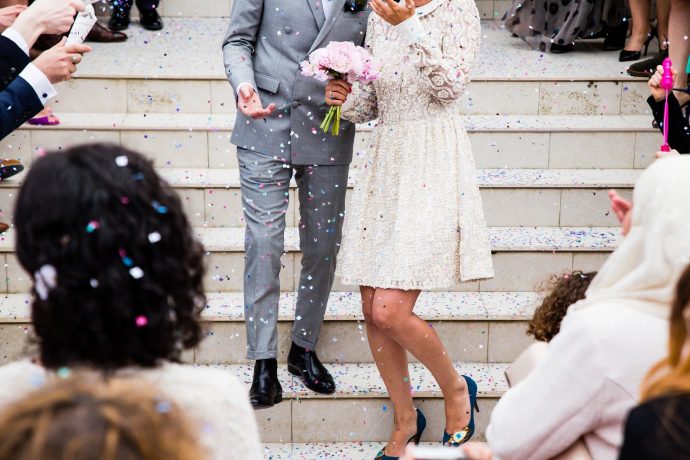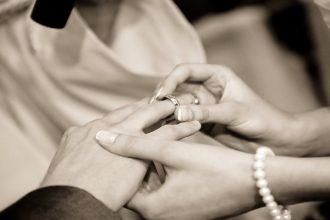Venmo is a good thing.
I remember the old days when you would go to a restaurant with a group of people. Some people have cash, some have checks, some have credit cards. So then there’s the awkward moment when the check comes, trying to split it, then finding out you can’t, then trying to split it between each other. It was a mess. and almost inevitably, someone ended up paying more than their share without any real hope of getting paid back.
But then Venmo.
Suddenly you’re able to transfer money quickly and easily. It’s a cleaner, easier, solution, and best of all, everyone gets paid back. That’s a good thing, not only because it’s fair, but it’s amazing how little things like that can be detrimental to relationships over time. So it’s good to be paid back. And it’s mostly fine to expect to be.
While that’s true in some relationships, it’s not true in all. And it’s certainly not true in marriage.
And yet many times, we have that same expectation. We expect “the marriage trade.”
See, our sense of entitlement runs very deep. One of the places it becomes apparent is in marriage when we insist, either consciously or subconsciously, on a system of paybacks. Here’s how it works:
You do something kind for your spouse. Maybe you make their lunch along with yours to take to work. Or maybe you offer to stay alone with the kids so they can go to a movie. Or maybe you just pick up the dish duty one night after dinner. But then you hold onto that thing you’ve done for another like a card to be played. You have served them, and you have the expectation that they will follow suite; after all, they owe you now. Your spouse might not even know you have this expectation, and you might not even tell them, but you still hold onto the card. And the longer you hold onto it, the more bitter and frustrating your entitlement turns.
She owes me.
It sounds particularly biting when you say it like that, doesn’t it?
She owes me.
But often in marriage, this is how we function. She owes me a trip to the movies because I stayed with the kids while she went to coffee. He owes me a dinner with my friends because he was gone on a business trip. Goods and services, cash and carry. And in the end, we cease to be one flesh and start to be little more than consumers.
Beware, I say to myself today. Beware the marriage trade. I must say it to myself again and again lest I unwittingly set up a relational environment based on equity as if you are service providers for one another. And yet the temptation is so very strong.
Thank God grace doesn’t work like this. Thank God Jesus doesn’t take a consumeristic approach to His brothers and sisters. Thank God I don’t have to pay back the cross. Is it any wonder, when Paul exhorted the married Ephesians, that he held up Jesus’ treatment of the church as an example? Jesus, who gives freely and sacrificially? Jesus, whose grace is true grace, not some kind of bartered favor? No, the marriage trade has no place in a marriage that is built on common experience with the gospel.
For in the gospel we have a Savior who did not come to be served, but to serve, and to give His life as a ransom for many. And He does this service, even unto death, not because of our merit but because of grace. This grace does not demand a payback, for then it would cease to be grace.
Give freely in marriage. Rejoice in dying to self. And don’t demand a payback for doing so.
Subscribe to MichaelKelley.co
Never miss a new post. Subscribe to receive these posts in your inbox and to receive information about new discipleship resources.






1 Comment